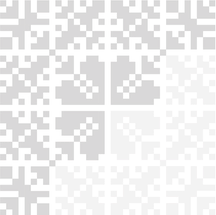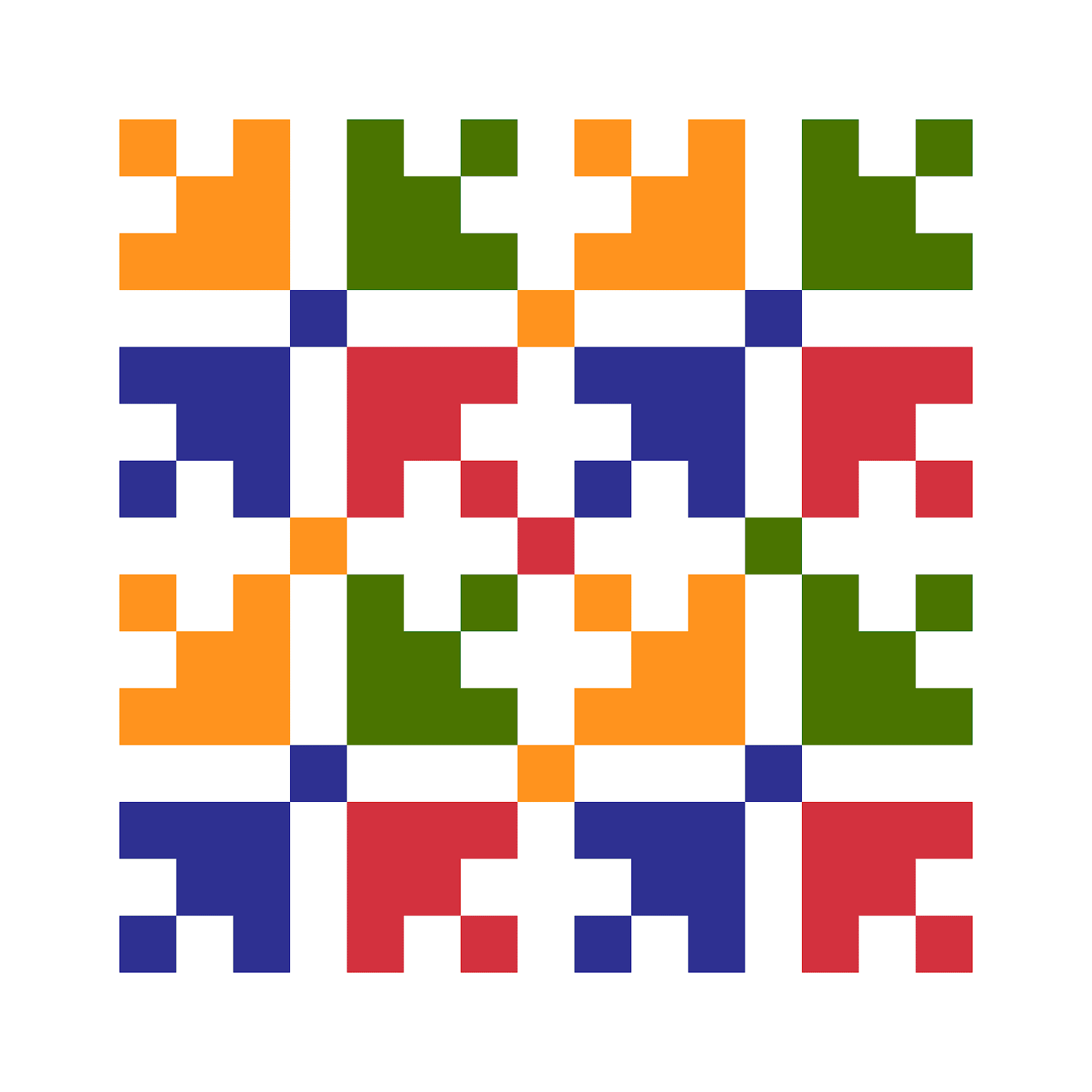C4 M2 L3 Grammar
4 | Modul 2: Gramatika
Što je bilo, bilo je
4 | 2 | Lekcija 3: Jesi živ?
| The verb IĆI – Past Tense
As you already know, all verbs in Croatian belong in one of the two possible categories:
ending in -ti (gledati, misliti, živjeti, trčati, etc.) | |
ending in -ći (reći, ići, leći, peći, etc.) |
However, each category has subgroups. So far you have learned several subgroups of -ti verbs (gledati: ja gled-am; misliti: ja misl-im; živjeti: ja živ-im), and only one subgroup of -ći verbs (ići: ja idem) in the Present Tense. We also talked about -ti verbs in the past Tense (gledati: ja sam gleda-o/-la; misliti: ja sam misli-o/-la; živjeti: ja sam živ-io/živje-la).
Today we will talk more about -ći verbs, but in the Past Tense. We will come back to -ći verbs in Present Tense in later units as they are all irregular verbs. As you saw, in today’s lesson we encountered two verbs in -ći that reflect motion (i.e., having the meaning of moving toward a certain place). These verbs are: ići (to go) and doći (to come).
IĆI (i - ći) | ||
[masculine] | [feminine] | [neuter] |
Ja sam iš-a-o. | Ja sam iš-la. | |
Ti si iš-a-o. | Ti si iš-la. | |
On je iš-a-o. | Ona je iš-la. | Ono je iš-lo. |
Mi smo iš-li. | Mi smo iš-le. | |
Vi ste iš-li. | Vi ste iš-le. | |
Oni su iš-li. | One su iš-le. | Ona su iš-la. |
DOĆI (do - ći) | ||
[masculine] | [feminine] | [neuter] |
Ja sam doš-a-o. | Ja sam doš-la. | |
Ti si doš-a-o. | Ti si doš-la. | |
On je doš-a-o. | Ona je doš-la. | Ono je doš-lo. |
Mi smo doš-li. | Mi smo doš-le. | |
Vi ste doš-li. | Vi ste doš-le. | |
Oni su doš-li. | One su doš-le. | Ona su doš-la. |
Most of the verbs that are related to motion end in -ći, and will behave in this way. In other words, when forming the past tense of ići, for example, the -ć- will change to -š- to which we need to add the appropriate ending (masculine/feminine/neuter) and number (singular/plural). The same rule will apply to all other motion verbs that are connected to the verb ići (going somewhere). Look at the few examples reflecting singular masculine/feminine forms above.
| The verb REĆI – Indirect Speech
The verb reći (to say) also has changes in its form when using it in the past tense. When forming the Past Tense, the -ć- changes to -k- before adding the appropriate ending (masculine/feminine/neuter) and number (singular/plural).
REĆI (rek - ti) | ||
[masculine] | [feminine] | [neuter] |
Ja sam rek-a-o. | Ja sam rek-la. | |
Ti si rek-a-o. | Ti si rek-la. | |
On je rek-a-o. | Ona je rek-la. | Ono je rek-lo. |
Mi smo rek-li. | Mi smo rek-le. | |
Vi ste rek-li. | Vi ste rek-le. | |
Oni su rek-li. | One su rek-le. | Ona su rek-la. |
It is often used for indirect speech. For example:
(he said) | On je rekao da je bio na poslu. He said (that) he was at work. | |
(she said) | Ona je rekla da je bila na poslu. She said (that) she was at work. |
As you can see, everything has to agree based on who was the person who said something.
Many other verbs that end in -ći (not indicating a human motion) will have this rule when -ć changes to -k (teći [to flow], peći [to bake], etc.).
| Noun POSAO
The noun posao is an irregular masculine noun. It has several changes in its form when changing case forms. These changes are:
most of the time the noun will lose the -a- | |
most of the time the final -o will change to -l before adding the case ending |
Let us look at the cases that we already covered.
| Posao: work/job | |
Nominative | Ovo je moj posao. | This is my job. |
Accusative | Ja volim ići na posao. | I like to go to work. |
Genitive | Imam puno posla. | I have a lot of work. |
Locative | Na poslu je dobro. | At work it’s all good. |
4.2 Zadatak 7. Glagoli na –ći
Read the following sentences carefully. You need to complete each sentence by using the appropriate form of ići, doći, or reći in their Past Tense forms. Only write the participle of the verb. For example: Marko, jesi li gledao film jučer? - Ne, nisam. Idem sutra u kino.
4.2 Zadatak 8. Posao
Write the correct form of the noun posao. Pay attention to the meaning of the sentence.










